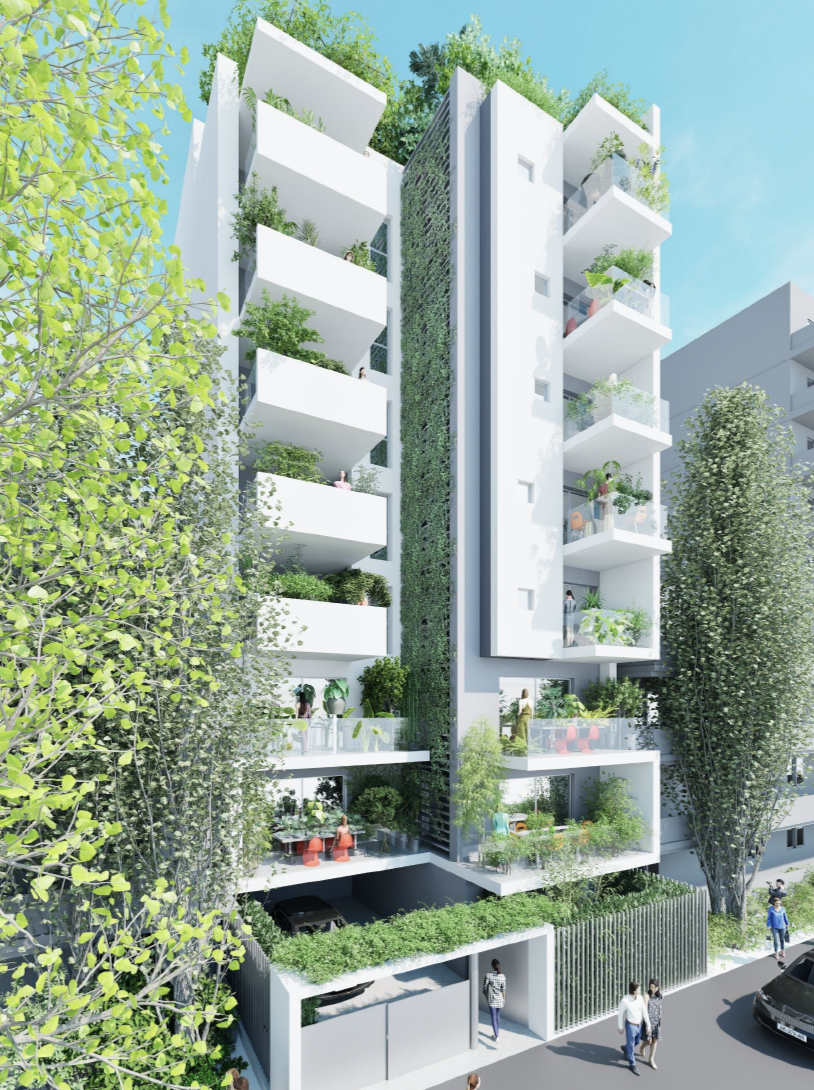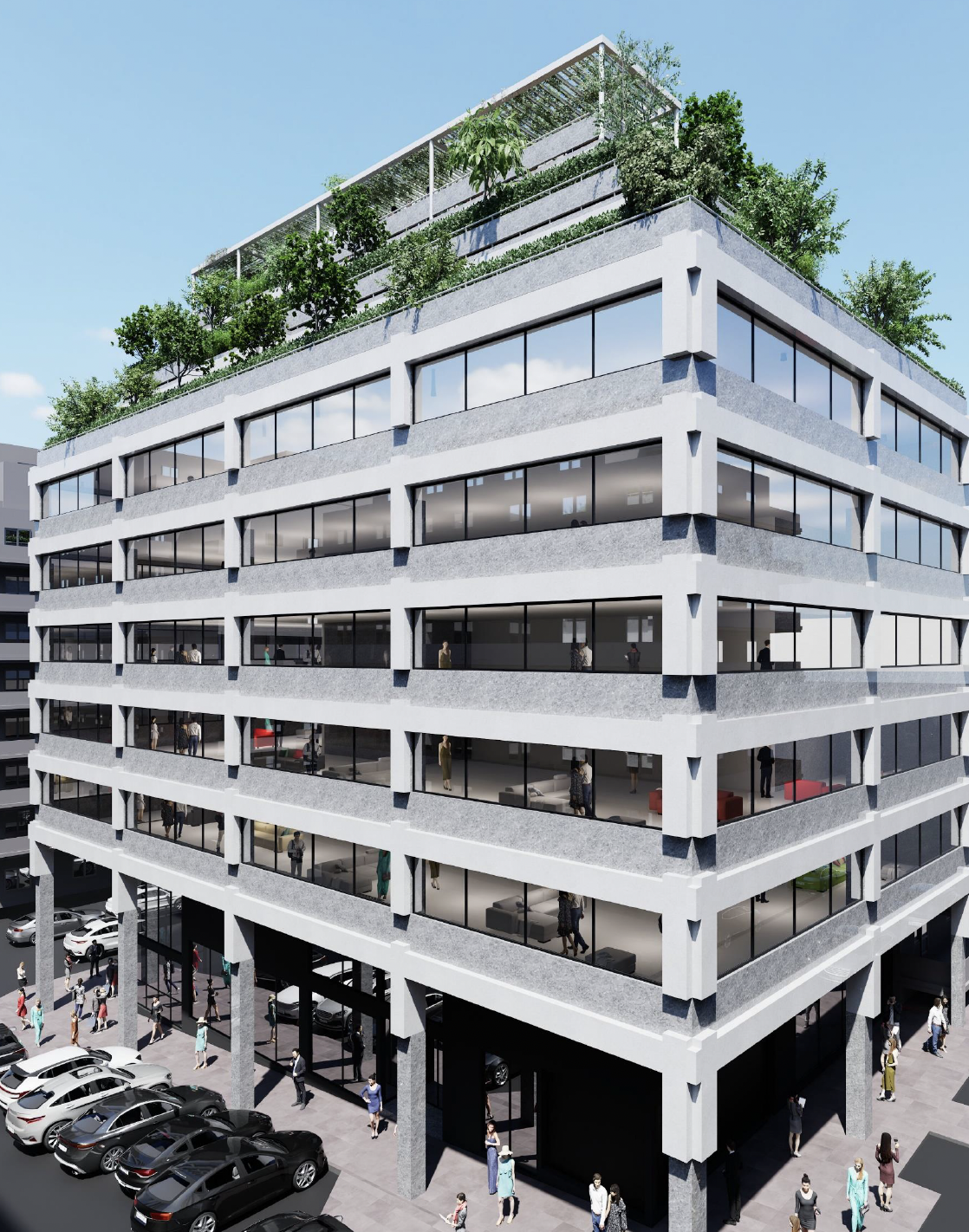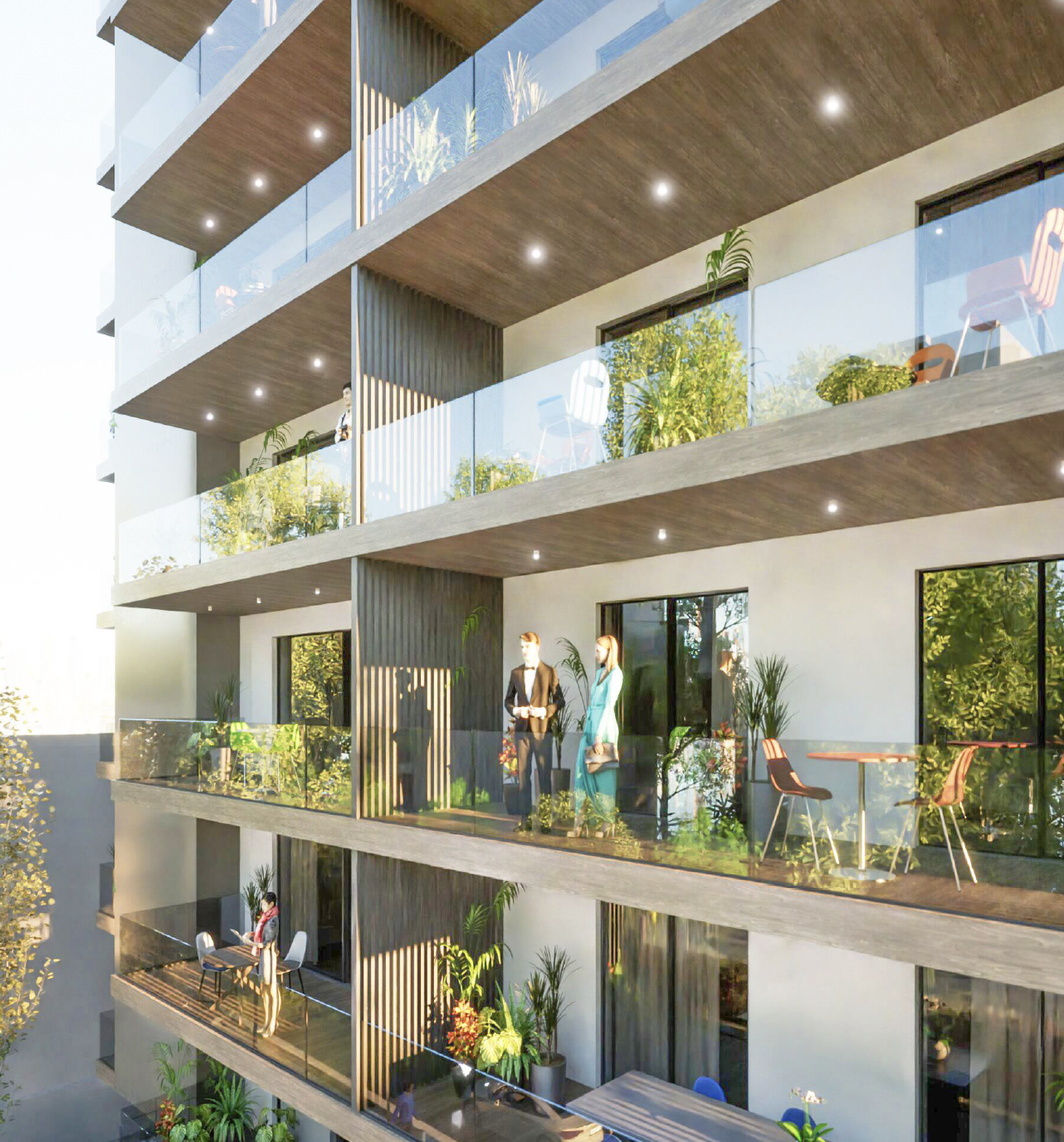Dubai, known for its towering skyscrapers and modernity, holds a rich cultural heritage that often goes unnoticed. In this blog post, we will delve into the depths of Dubai’s cultural traditions, exploring the efforts made to preserve its heritage and showcase its traditional architecture. Join us as we embark on a culinary journey through the streets of Dubai, uncovering the flavors that have been passed down through generations. We’ll also delve into the world of traditional crafts and arts, shedding light on the artisans who continue to keep these traditions alive. Furthermore, we will uncover the revival of traditional festivals and discuss the importance of promoting cultural exchange in this bustling metropolis. Dubai’s vibrant tapestry of cultural heritage awaits your exploration!
Understanding Dubai’s Cultural Heritage
Dubai, a city known for its modern skyscrapers and extravagant lifestyle, also holds a rich cultural heritage that reflects the history and traditions of the Emirati people. Understanding Dubai’s cultural heritage is essential to truly appreciate the city’s uniqueness and experience its authentic charm.
One of the key aspects of Dubai’s cultural heritage is its deep-rooted connection to the desert and sea. These natural landscapes have greatly influenced the traditional way of life of the Emirati people. For centuries, the desert provided sustenance and protection, while the sea allowed trade and exploration. The Bedouin lifestyle, characterized by camel herding and pearl diving, showcases the resilience and resourcefulness of the Emirati people.
The cultural heritage of Dubai is also embodied in its language, Arabic. Arabic is not only the official language of the United Arab Emirates but it is also a source of pride and identity for the Emirati people. The Arabic calligraphy, with its intricate and decorative style, is used to adorn many buildings and public spaces in Dubai, symbolizing the importance of language and communication.
Furthermore, Dubai’s cultural heritage is preserved and showcased through various museums and cultural centers. The Dubai Museum, located in the Al Fahidi Fort, offers a glimpse into the city’s history and heritage. It displays artifacts, photographs, and informative exhibits that educate visitors about the traditions and customs of the Emirati people.
Understanding Dubai’s cultural heritage is not only a way to appreciate the city’s past, but it also contributes to its future development. By preserving and promoting its cultural traditions, Dubai aims to maintain its cultural identity while embracing modernity. This cultural heritage serves as a bridge between the past and the present, allowing locals and tourists alike to appreciate the rich history and diverse heritage of Dubai.
Preservation Efforts for Dubai’s Cultural Heritage
Dubai is a city that is known for its modern and futuristic architecture, but amidst all the skyscrapers and luxurious developments, there lies a deep-rooted cultural heritage that needs to be preserved and celebrated. Preservation efforts for Dubai’s cultural heritage play a crucial role in maintaining the city’s unique identity and ensuring that future generations can learn and appreciate the rich history of the region.
One of the major challenges in preserving Dubai’s cultural heritage is striking a balance between development and conservation. As the city continues to grow and expand, there is a constant need to adapt and modernize. However, this should not come at the expense of destroying or neglecting the past. The Dubai government, along with various organizations and institutions, recognizes the importance of preserving cultural heritage and has taken several measures to protect and promote it.
One of the key initiatives taken by the government is the establishment of the Dubai Culture & Arts Authority (Dubai Culture). This government entity is responsible for preserving, promoting, and developing the cultural sector in the city. They have implemented various programs and initiatives to safeguard Dubai’s cultural heritage, such as the Dubai Heritage Village, which showcases traditional Emirati life and culture.
- Conservation of Historic Sites: Dubai has several historic sites that date back centuries, such as Al Fahidi Historic District, which is home to traditional wind-tower houses and the Dubai Museum. Preservation efforts include restoring these sites to their original glory and creating a conducive environment for visitors to learn about Dubai’s history.
- Documentation and Research: To ensure the preservation of Dubai’s cultural heritage, it is crucial to document and research the various aspects of the city’s history. This includes documenting oral histories, collecting artifacts, and conducting academic research to gain a deeper understanding of the traditions and customs.
- Education and Awareness: Preserving Dubai’s cultural heritage involves educating the public about its importance and creating awareness about the need to protect it. Dubai Culture organizes workshops, exhibitions, and cultural events to engage the community and foster a sense of pride and ownership towards the city’s heritage.
In addition to government efforts, there are also several non-profit organizations and community groups that are actively involved in preserving Dubai’s cultural heritage. These organizations work on various projects, such as the restoration of historic buildings, promoting traditional crafts and arts, and organizing cultural festivals.
| Organization | Preservation Efforts |
|---|---|
| Dubai Heritage Development Foundation | Restoration of historic sites and buildings |
| Emirates Fine Arts Society | Promoting traditional Emirati art and artists |
| Dubai International Arabian Horse Championship | Preserving and promoting the heritage of Arabian horses |
| Emirates Literature Festival | Celebrating literature and storytelling traditions |
Preservation efforts for Dubai’s cultural heritage are not just limited to physical structures and traditions, but also extend to intangible aspects such as language, music, and dance. It is through these combined efforts that Dubai can maintain a strong connection to its past while embracing its future as a global city.
Exploring the Traditional Architecture of Dubai
Dubai, known for its modern skyscrapers and architectural marvels, also holds a hidden treasure in its traditional architecture. Exploring the traditional architecture of Dubai takes you on a journey through the city’s history and culture, showcasing the rich heritage that has shaped its identity.
One of the prominent features of traditional architecture in Dubai is the wind towers, also known as “barjeel.” These towers were built to harness the natural breeze and provide ventilation, offering respite from the scorching desert heat. The intricate design of the wind towers reflects the exceptional craftsmanship of the past, with detailed carvings and geometrical patterns adorning the structures.
Another architectural gem that can be found in Dubai is the traditional courtyard houses, known as “majlis.” These houses were designed to cater to the extreme climate of the region, with central courtyards providing shade and privacy. The majlis also served as a gathering place for families and friends, fostering a sense of community and togetherness.
- Wind towers
- Courtyard houses
| Features | Characteristics |
|---|---|
| Wind towers | – Harness natural breeze for ventilation- Ornate carvings and patterns- Symbol of craftsmanship |
| Courtyard houses | – Provide shade and privacy- Gathering place for families and friends- Fosters community spirit |
Exploring the traditional architecture of Dubai allows you to delve into the roots of the city and witness the timeless beauty that lies beyond its modern facade. It serves as a reminder of the rich cultural heritage that Dubai holds dear and showcases the ingenious methods employed by its ancestors to thrive in a challenging environment.
As Dubai continues to grow and embrace modernization, preserving its traditional architecture becomes crucial in maintaining its cultural identity. Efforts are being made to restore and protect these architectural gems, ensuring that they are not lost to the rapid development taking place around them.
In conclusion, exploring the traditional architecture of Dubai unveils a captivating glimpse into the city’s past. From the intricate wind towers to the serene courtyard houses, each structure tells a story of resilience, artistry, and community. By preserving these architectural treasures, Dubai pays homage to its cultural heritage and ensures that future generations can experience and appreciate the beauty of its traditional architecture.
Celebrating Dubai’s Rich Culinary Traditions
Dubai, known for its modern skyscrapers and extravagant lifestyle, also boasts a rich culinary heritage that is deeply rooted in its culture and history. The Emirati cuisine of Dubai is a reflection of its diverse heritage, with influences from Arab, Persian, Indian, and East African cuisines. The city’s vibrant food scene is a testament to the love for food and the pride in their culinary traditions that the people of Dubai hold dear.
One of the key aspects of Dubai’s culinary traditions is the emphasis on fresh and locally sourced ingredients. Arabian Gulf seafood, such as hammour and prawns, are widely used in Emirati cuisine, along with other locally sourced ingredients like dates, camel meat, and saffron. These ingredients not only add distinct flavors to the dishes but also highlight the connection between the land and its people, making each bite a delectable experience.
The traditional Emirati dishes are a fusion of flavors and aromas that reflect the history and culture of Dubai. One such dish is the “Machboos,” a flavorful rice dish cooked with fragrant spices, meat (usually chicken or lamb), and vegetables. The slow-cooking process infuses the dish with layers of flavors, making it a favorite among locals and tourists alike. Another popular dish is the “Kousa Mahshi,” which is stuffed zucchini filled with spiced minced meat and served with a tangy tomato sauce. The combination of the tender zucchini and the savory filling creates a burst of flavors in every bite.
Dubai is also known for its traditional culinary practices, such as the art of making Arabic coffee and preparing traditional Emirati sweets. Arabic coffee, also known as “Gahwa,” is a symbol of hospitality in Emirati culture. It is made by roasting and grinding coffee beans, then brewed with cardamom and saffron to create a rich and aromatic beverage. Serving Arabic coffee is a sign of respect and is often accompanied by dates, which are considered a traditional Emirati snack.
When it comes to sweets, Dubai offers a variety of traditional desserts that are both delicious and visually appealing. One such dessert is the “Luqaimat,” deep-fried dough balls drizzled with date syrup and sprinkled with sesame seeds. These bite-sized treats are crispy on the outside and soft on the inside, making them an irresistible indulgence. Another popular sweet is the “Umm Ali,” a bread pudding-like dessert made with layers of phyllo pastry, nuts, and sweetened milk. The dessert is baked until golden and served warm, leaving a delightful taste lingering on the palate.
In recent years, Dubai’s culinary traditions have gained international recognition, with several local chefs and restaurants putting Emirati cuisine on the global map. Food festivals and events celebrating the local cuisine have also become a regular feature in the city. These initiatives not only provide a platform for local chefs to showcase their skills but also promote cultural exchange by introducing visitors to the rich and diverse culinary heritage of Dubai.
Celebrating Dubai’s rich culinary traditions goes beyond just savoring the flavors; it is about embracing the history and culture that have shaped the city’s gastronomic identity. Whether it is enjoying a hearty meal with friends and family or exploring the bustling food markets, Dubai offers a culinary experience that is both authentic and unforgettable. So, the next time you visit Dubai, make sure to indulge in the rich tapestry of flavors that define its culinary traditions.
Embracing Dubai’s Traditional Crafts and Arts
Dubai, known for its modern skyscrapers and luxurious lifestyle, also holds a rich cultural heritage that is deeply rooted in traditional crafts and arts. Embracing Dubai’s traditional crafts and arts is not only a way to preserve the city’s history but also an opportunity to showcase the talent and craftsmanship of its people. From intricate handwoven textiles to mesmerizing pottery and exquisite calligraphy, Dubai’s traditional crafts and arts offer a glimpse into the city’s vibrant past.
One of the traditional crafts that Dubai takes pride in is handloom weaving. The art of handloom weaving has been passed down from generation to generation, with artisans using traditional techniques to create beautiful textiles. These textiles, known for their intricate patterns and vibrant colors, are often used to create traditional clothing such as the elegant Jalabiya. Embracing this traditional craft not only supports local artisans but also helps to keep this ancient craft alive.
Another traditional art form that has gained recognition in Dubai is pottery. Pottery has been an integral part of Dubai’s history for centuries, with locals using it for various purposes like storage, cooking, and even as decorative pieces. Today, pottery workshops and studios offer locals and visitors the opportunity to learn and experience the art of pottery-making firsthand. Embracing this traditional craft allows individuals to appreciate the skill and precision required to create these unique and beautiful pieces.
In addition to traditional crafts, Dubai also embraces the art of calligraphy. Calligraphy, the art of beautiful writing, has deep roots in Arabic culture. Dubai’s love for calligraphy can be seen not only in the city’s architecture but also in various forms of art and design. Local calligraphers create stunning artworks using different styles of Arabic script, showcasing the rich heritage of this art form. By embracing calligraphy, Dubai promotes the importance of preserving this traditional craft and encourages artists to explore its modern interpretations.
Embracing Dubai’s traditional crafts and arts is not just about preserving a city’s heritage but about celebrating the creativity, skill, and traditions of its people. It allows individuals to connect with the past while appreciating the talents of those who continue to keep these crafts alive. Whether it’s through purchasing handcrafted textiles, attending pottery workshops, or displaying calligraphic artworks, everyone can contribute to the preservation and promotion of Dubai’s rich cultural heritage.
Reviving Traditional Festivals in Dubai
Dubai, the stunning city known for its modern skyscrapers and luxurious lifestyle, is also deeply rooted in traditional festivals that celebrate its rich cultural heritage. The city is not only a cosmopolitan hub but also home to a diverse community that comes together to revive and embrace the traditional festivals of Dubai. These festivals not only provide an opportunity for locals and tourists to experience the authentic Emirati culture but also play a vital role in preserving and promoting the art, music, and traditions of Dubai.
One of the most awaited festivals in Dubai is the Dubai Shopping Festival, which takes place annually and attracts millions of visitors from around the world. This festival not only showcases the vibrant culture of Dubai but also offers a plethora of entertainment options, including live performances, traditional music, and dance shows. It is a celebration of the traditional Emirati lifestyle and a platform for local artisans, craftsmen, and businesses to showcase their products and skills.
Another significant festival that has been revived in Dubai is the Dubai Food Festival. This festival aims to celebrate and promote the rich culinary traditions of Dubai. It provides a unique opportunity for food enthusiasts to indulge in a wide array of traditional Emirati dishes, as well as international cuisines. From food stalls to celebrity chef demonstrations and food tours, this festival offers something for everyone.
- Traditional festivals play a crucial role in reviving and preserving the cultural heritage of Dubai.
- Dubai Shopping Festival attracts millions of visitors annually and showcases the vibrant culture of the city.
- Dubai Food Festival celebrates and promotes the rich culinary traditions of Dubai.
| Festival Name | Description |
|---|---|
| Dubai Shopping Festival | A festival that celebrates the traditional Emirati lifestyle and provides a platform for local artisans and businesses to showcase their products and skills. |
| Dubai Food Festival | A festival that promotes the rich culinary traditions of Dubai and offers a wide array of traditional and international cuisines. |
These traditional festivals not only attract tourists from around the globe but also encourage the younger generation to learn about and appreciate their cultural roots. Dubai is committed to reviving and preserving these festivals to ensure that the Emirati traditions and customs continue to thrive for generations to come. With a blend of old and new, Dubai stands as a testament to the importance of embracing and cherishing cultural heritage.
Promoting Cultural Exchange in Dubai
Dubai, known for its futuristic skyscrapers and luxurious lifestyle, is also a city that prides itself on its rich cultural heritage. With a population made up of people from various nationalities and backgrounds, Dubai is a melting pot of diverse cultures. In recent years, the Emirate has taken significant steps to promote cultural exchange and preserve its unique identity.
One of the key initiatives aimed at promoting cultural exchange in Dubai is the establishment of the Dubai Culture and Arts Authority (Dubai Culture). This government entity is responsible for developing and implementing initiatives to support and promote the cultural and artistic scene in the Emirate. Through various programs and events, Dubai Culture strives to create a platform for local and international artists to showcase their work and engage with the community.
Another notable effort to promote cultural exchange is the Dubai International Film Festival (DIFF). Since its inception in 2004, DIFF has become a prominent event in the region’s film calendar. The festival brings together filmmakers, actors, and film enthusiasts from around the world to celebrate and appreciate the art of cinema. It not only showcases a diverse range of films but also fosters dialogue and collaboration among filmmakers, contributing to the global exchange of ideas and perspectives.
In addition to these initiatives, Dubai has also opened its doors to various cultural exhibitions and festivals. The Global Village, for example, is an annual event that invites countries from around the world to showcase their traditions, customs, and cuisine. Visitors can explore pavilions representing different countries and immerse themselves in the rich tapestry of global cultures. The event not only promotes cultural exchange but also provides an opportunity for Dubai’s residents and visitors to learn and appreciate the diversity of our world.
To further promote cultural exchange, Dubai has also been hosting international conferences and symposiums on various subjects, ranging from literature to music. These gatherings not only bring together experts and enthusiasts from different fields but also offer a platform for the exchange of knowledge and ideas. By facilitating such events, Dubai aims to be a hub for intellectual and cultural exchange, creating an environment that encourages creativity, innovation, and understanding.
In conclusion, promoting cultural exchange is a priority for Dubai, as it recognizes the value of its diverse population and aims to preserve its rich cultural heritage. Through initiatives such as the Dubai Culture and Arts Authority, the Dubai International Film Festival, and events like the Global Village, the Emirate is actively fostering dialogue, collaboration, and understanding among people from different backgrounds. By promoting cultural exchange, Dubai is not only nurturing its own identity but also contributing to the global exchange of ideas and traditions.
Frequently Asked Questions
1. What is Dubai’s cultural heritage and why is it important to preserve it?
Dubai’s cultural heritage refers to the traditions, customs, arts, and architecture that have been passed down through generations. It is important to preserve this heritage as it helps to maintain a sense of identity, promotes cultural diversity, and teaches valuable lessons from the past.
2. What are some efforts made to preserve Dubai’s cultural heritage?
Efforts to preserve Dubai’s cultural heritage include the restoration and maintenance of historical sites, the establishment of museums and cultural centers, the documentation of traditional practices, and the promotion of traditional crafts and arts.
3. What are some examples of traditional architecture in Dubai?
Examples of traditional architecture in Dubai include wind towers (barjeel), traditional Arabian houses (Bayt Al Qura), mosques with intricate designs, and the Al Fahidi Historic Neighborhood with its traditional courtyard houses.
4. What are some popular culinary traditions in Dubai?
Popular culinary traditions in Dubai include the Emirati cuisine, which includes dishes like Machbous, Harees, and Luqaimat. Other international cuisines, such as Indian, Persian, and Lebanese, also have a strong influence on the culinary scene in Dubai.
5. How can one embrace Dubai’s traditional crafts and arts?
One can embrace Dubai’s traditional crafts and arts by visiting traditional markets (souks) like the Dubai Textile Souk and the Dubai Gold Souk, where they can find handmade crafts and traditional artworks. Additionally, attending workshops or classes on traditional crafts can help individuals learn and appreciate these art forms.
6. Are traditional festivals still celebrated in Dubai?
Yes, traditional festivals are still celebrated in Dubai. Examples include Eid Al Fitr and Eid Al Adha, which are religious festivals, as well as the Dubai Shopping Festival and Dubai Food Festival, which celebrate the city’s culture and traditions.
7. How does Dubai promote cultural exchange?
Dubai promotes cultural exchange through initiatives like the Dubai Expo, which brings together people from different countries to showcase their culture and ideas. The city also hosts various international events, festivals, and conferences, creating opportunities for cultural exchange and dialogue.
EDITOR
Categories
Recent Articles
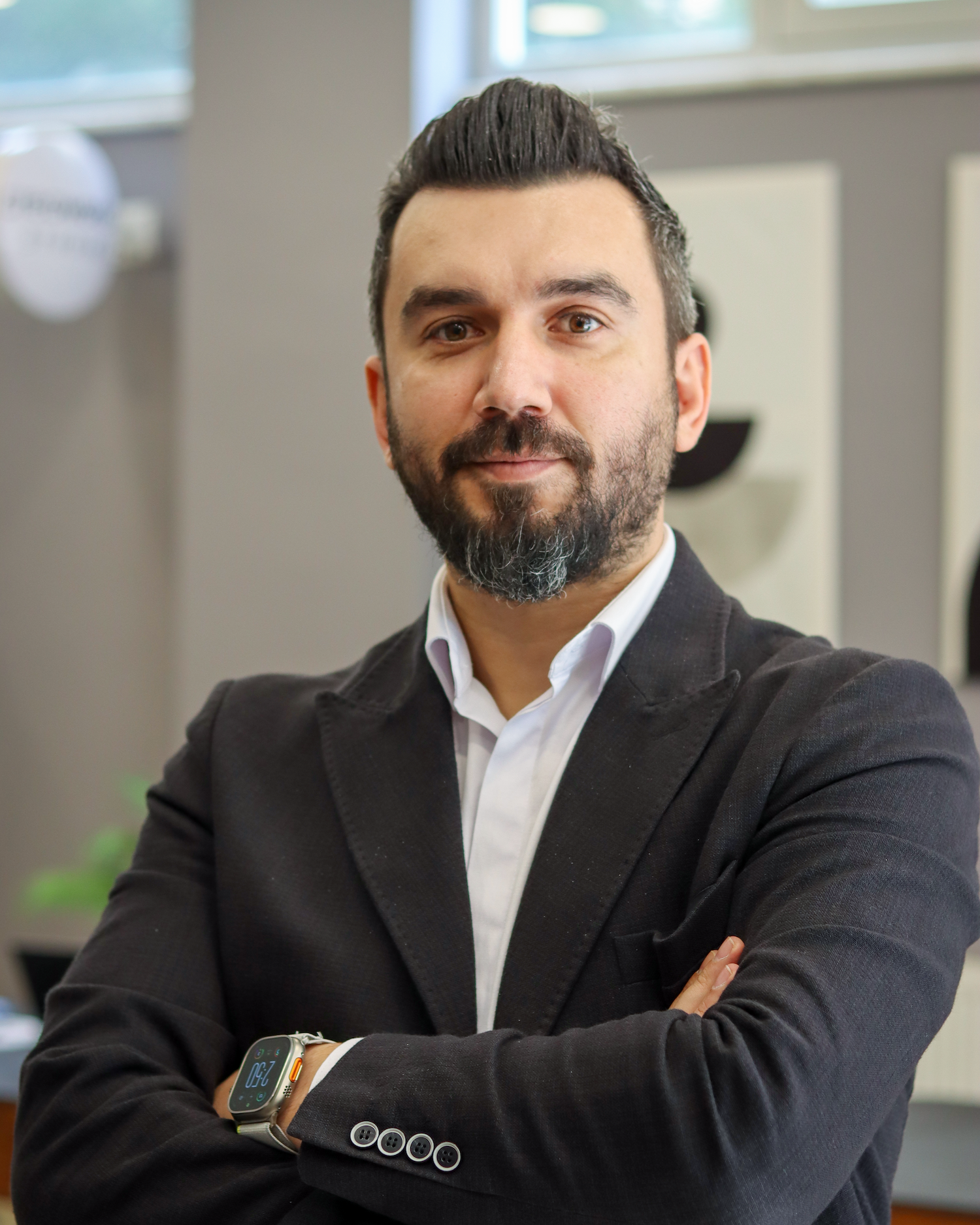
NotteGlobal’s May 2024 Real Estate Report: A Comprehensive Analysis of Turkey’s Market Trends
June 22, 2024
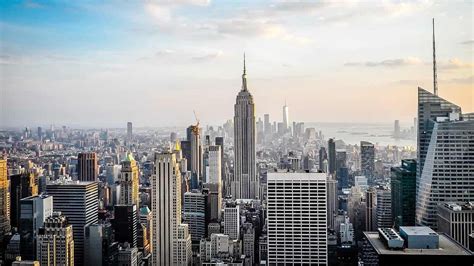
New Immigration Policy in the US: A Major Step for Family Unity
June 21, 2024

Second Largest Investor Group in Greece: Turks
June 14, 2024
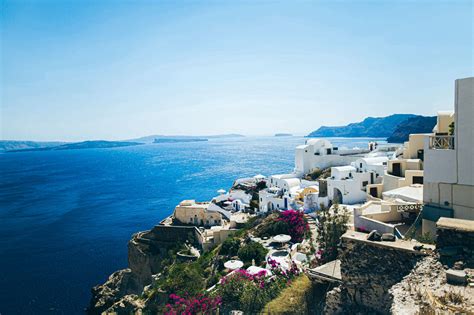
Exploring the Hidden Gems of Athens Riviera: A Guide to Luxurious Neighborhoods
June 3, 2024
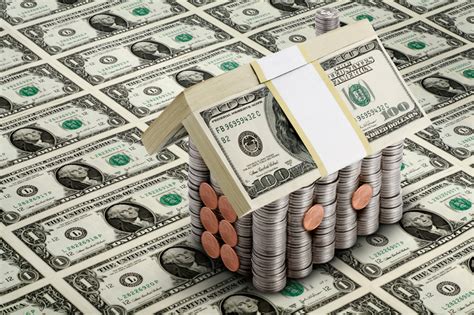
Economic Stability and Growth in Turkey
May 31, 2024

Turkey’s Housing Sales Statistics for April 2024: A Comprehensive Analysis
May 24, 2024
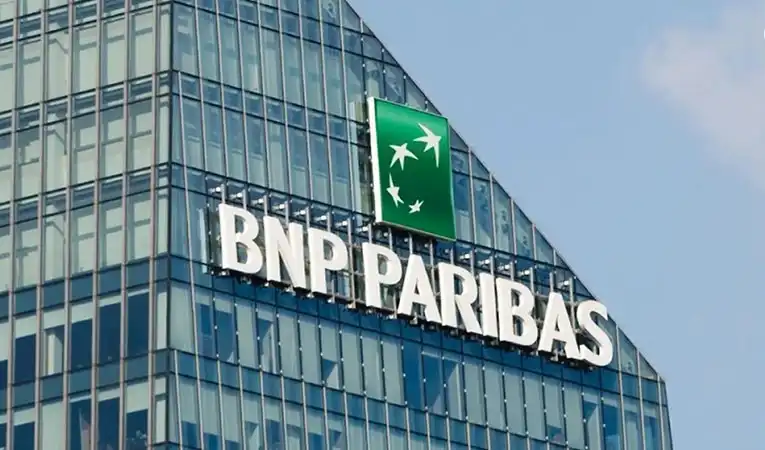
BNP Paribas Forecasts End-of-Year USD/TRY Rate
May 3, 2024

Significant Updates to the Greece Golden Visa Program in 2024
April 29, 2024
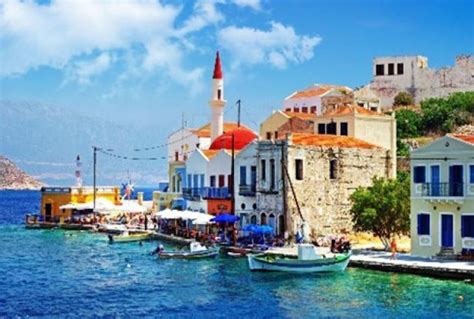
€800,000: New Threshold for Greece’s Golden Visa
February 10, 2024
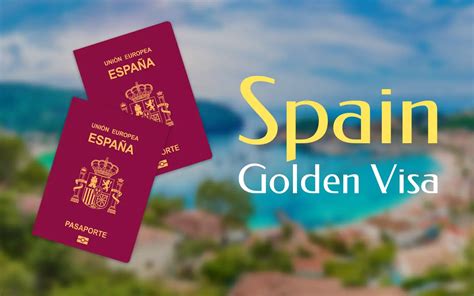
Golden Visa for Spain
December 27, 2023
